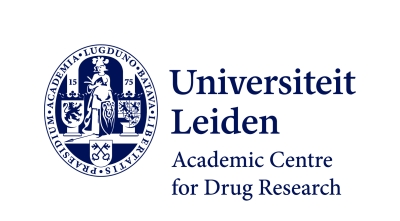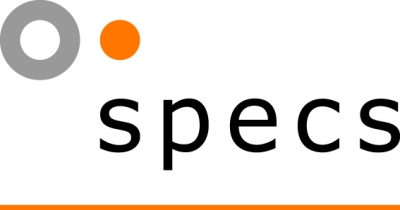Imaging-based metabolomics for discovery of stress response modulating drugs
Cellular stress response pathways are activated in various diseases, including acute ischemia reperfusion injury of liver and kidney, or during neurodegeneration in Parkinson’s and Alzheimer’s disease. In general, stress response pathways have a protective role, but they can also limit the effectiveness of therapeutic interventions.
The Leiden University Academic Centre for Drug Research will collaborate with Specs and AB Sciex to establish a drug discovery platform that will use fluorescent reporters to monitor candidate drugs for their capacity to modulate oxidative stress response related chemical processes in individual cells.
They anticipate that the platform will contribute to a faster development of more effective and safe drugs that will have an impact on healthy aging. This will contribute directly to the central mission of the Top Sector LSH to increase healthy aging in the Netherlands.
Live cell imaging and single-cell metabolomics will be integrated by developing an online automated imaging, sampling, treatment, and analysis platform. To demonstrate its applicability for drug discovery, a panel of iPSC reporter lines for oxidative stress response genes will be established. These iPSC lines will be differentiated into liver, kidney and neuronal cells and applied to the established screening workflow to uncover novel chemical entities that can protect cells against sustained oxidative stress. This approach will provide a proof-of-concept on how to apply the established screening platform for discovery of stress pathway modulating drugs.
The overall success criteria of the project will be the establishment of the drug discovery platform, its application for drug screening purposes, and the identification of candidate drug leads that increase the levels of cytoprotective antioxidant metabolites.



